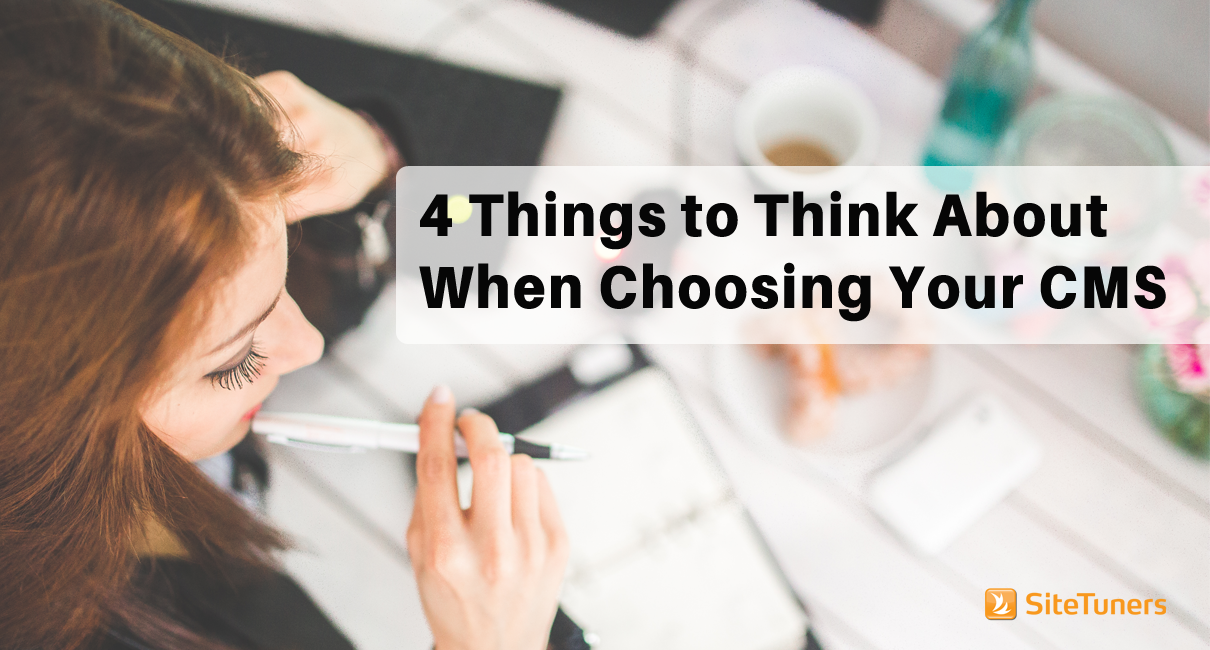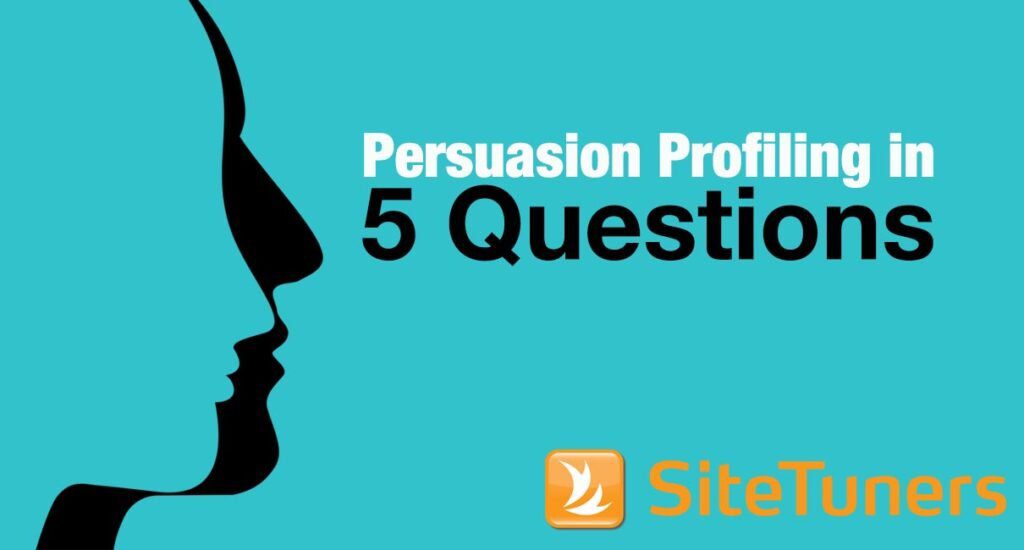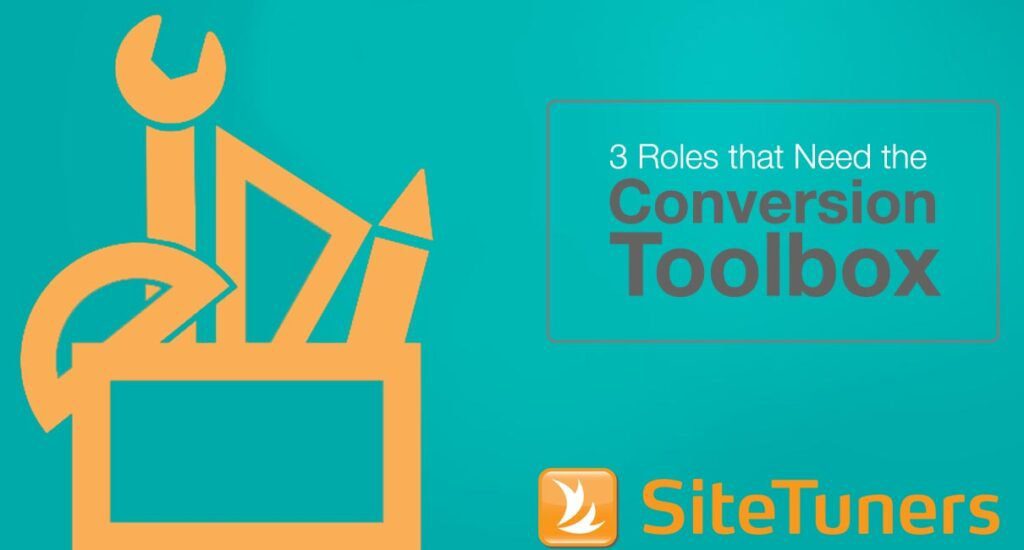
Psychology and the social sciences limit the amount of effective strategies available to marketers when getting visitors to convert.
The technology limits the number of tools in the box. Companies without good testing platforms, marketing automation, internal search engines, eCommerce, and analytics will be at an extreme disadvantage in a space where most players have those readily available.
For a ton of marketers, the content management system or CMS is at the heart of those technologies. If you’re a new player looking to invest in a CMS, or you’re evaluating whether your CMS is still right for your company, this post if for you.
1. Overall Pricing, Not CMS Pricing
Depending on the amount of support and the set of features you want, a CMS can go from free to in the seven-figure range. The price range is huge, is what we’re saying.
It’s important to think about everything you’re getting, not just the price of the traditional content management system itself.
- Is the CMS going to be hosted on premise, or will it be cloud-based? Will you save on overall cost with a cloud-based offering?
- Are you going to use analytics tools and testing tools that are integrated into the CMS, potentially saving you some cash, or will you be using external software?
- Are forms and eCommerce tools integrated into the more traditional content publishing features, or will you need to integrate more systems to get those to work?
That’s not an exhaustive list, by any means. That said, those are the types of questions you should be asking vendors. You should think about the entire cost of ownership, from the price of the CMS, to the tools, and the hosting, rather than just looking at the software license cost of the CMS.
2. User Scenarios, Not Features
Another fairly common mistake people make when choosing a CMS is having an exhaustive list of features rather than a set of user and content author scenarios.
Often, a pass/fail list of features is not very productive. It’s easy for all vendors to say they have eCommerce plugins available, or that data from purchases can be passed to your internal database, even if those functionalities suck in practice.
By contrast, a set of scenarios is nearly bulletproof. It’s easy to detect that you can’t go from the main sections of the web site to the cart without taking a user experience hit. It’s hard for vendors to make that transition look good if that’s not a core part of the CMS.
3. Better Fit, Not Bigger
Some companies, in lieu of having a sound online strategy, opt to purchase the biggest, meanest, 800-pound gorilla in the market in the hopes that everything else will eventually snap into place.
Often, the only thing that snaps is the organization’s budget.
The existing staff and expertise are critical pieces of the puzzle. If you have mostly .Net developers to enhance the site, then you’ll probably want to consider Sitecore or EPiServer more seriously than a company with mostly PHP developers.
If you are moving out of built-in analytics and testing tools into more specialized software, then anything with easy integration into your Eloquas and Marketos, your GAs and Omnitures, your Optimizelys and VMOs will probably carry more weight.
The point is that your online strategy should be driving the requirements for the CMS, rather than the CMS-selection driving your online strategy.
4. Whole Package, Not Authoring Interface
Finally, you should be thinking about everything you’re getting. Traditionally, content management systems have been about quick publishing of pages and documents in an organized manner within the company.
That doesn’t really cut it, these days. You need to think about a few more things:
- Is the internal search engine good, or will you need to pay separately for a good on-site search engine?
- Is eCommerce built in as a core function, or will you need to turn elsewhere for that?
- Are forums and community functions built-in?
- What are the functions available for mobile?
- Are the internal analytics tools good, or will you need to support those with other systems?
- How well does it integrate with your existing ecosystem?
A lot of these can’t be answered by just passes and fails on a requirements document. You need multiple demos, targeted questions, and existing conversations over a period of time with the CMS vendors who most closely match your needs.
Putting It All Together
Selecting a CMS is difficult, but living with the wrong one can drive you insane. You need to put in the hours and make sure you get to know exactly what it is you’re getting.
If you think about the entirety of the experience rather than the upfront costs, find the CMS that most closely matches your requirements rather than the biggest one out there, and use user scenarios to test for what you need rather than features, you will be much, much more likely to find a CMS that works specifically for you.

